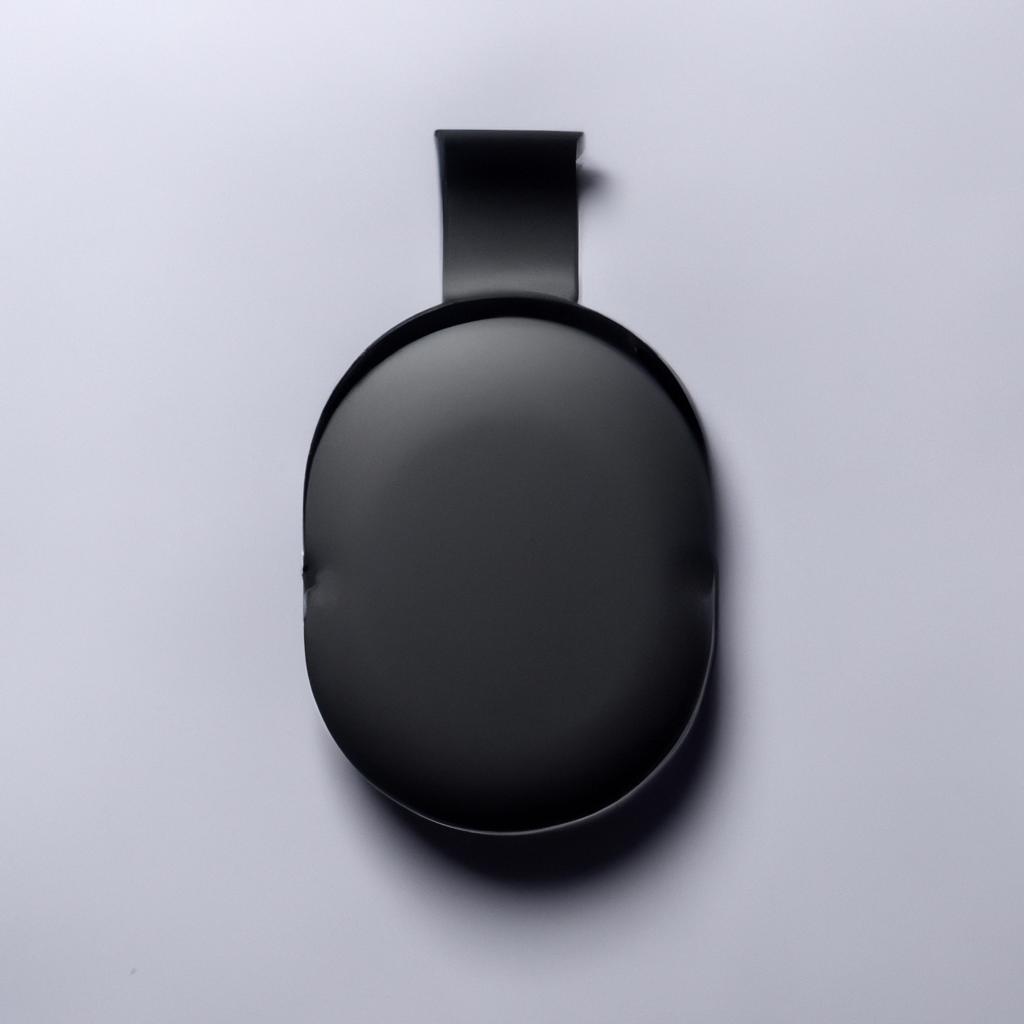Wearable Tech for Sleep Tracking: Analyzing Accuracy and User Experience Across Different Devices
Wearable Tech for Sleep Tracking: Analyzing Accuracy and User Experience Across Different Devices
Many people now seek better sleep quality, increasing the popularity of sleep tracking. Wearable technology allows users to monitor sleep patterns conveniently. However, device accuracy varies. This blog analyzes wearable tech for sleep tracking, focusing on accuracy and user experience, and its health implications.
Understanding Sleep Tracking Technology
Wearable devices use sensors to track sleep by measuring heart rate, movement, and skin temperature. Most devices analyze data with algorithms to categorize sleep stages: light, deep, and REM. Users can choose the best device for their needs by understanding these elements.
Wearable tech includes smartwatches, fitness trackers, and specialized sleep monitors. Each device assesses sleep quality differently. For example, fitness trackers focus on movement, while smartwatches combine multiple data points for a complete view. Some devices offer personalized recommendations for better sleep hygiene.
Accuracy of Sleep Tracking Devices
Device accuracy varies widely, so users should recognize these differences. Research often compares wearables with polysomnography, the gold standard for sleep studies.
Smartwatches: A Popular Choice
Smartwatches like Apple Watch and Fitbit have gained popularity for sleep tracking due to their multifunctionality. These devices combine heart rate data with movement patterns, offering insights into sleep quality. Users find sleep reports helpful, as they include detailed statistics on duration and efficiency. However, studies show smartwatches struggle to accurately distinguish between sleep stages, leading to misleading quality interpretations.
Fitness Trackers: Affordable and Functional
Fitness trackers, like Xiaomi Mi Band and Garmin Vivosmart, offer affordable sleep monitoring options. These devices focus on movement and heart rate but lack advanced smartwatch features. Users appreciate their budget-friendly nature, yet accuracy often falls short compared to sophisticated devices. Research indicates fitness trackers may misinterpret wake times or overlook light sleep, resulting in unreliable data.
Specialized Sleep Monitors: The Experts
Specialized sleep monitors, such as Oura Ring and Sleep Number devices, concentrate solely on sleep tracking, providing detailed insights. These devices analyze metrics like heart rate variability, temperature changes, and respiratory patterns. Users report higher detection accuracy with specialized devices, making them preferable for serious sleep improvement. However, their higher price may deter some users.
Conclusion
This post summarizes the insights on wearable tech for sleep tracking, emphasizing accuracy and user experience across various devices.
Below are related products to the topic if you’re interested:
FAQ
What types of wearable devices are used for sleep tracking?
Wearable devices for sleep tracking include smartwatches, fitness trackers, and specialized sleep monitors. Each type utilizes different sensors and algorithms to measure sleep patterns, such as heart rate, movement, and skin temperature, providing users with various insights into their sleep quality.
How accurate are smartwatches compared to other sleep tracking devices?
Smartwatches, like the Apple Watch and Fitbit, offer multifunctional sleep tracking and provide helpful sleep reports. However, studies indicate that they may struggle to accurately distinguish between different sleep stages, which can lead to misleading interpretations of sleep quality. In comparison, specialized sleep monitors tend to have higher accuracy in detecting sleep metrics.
Are specialized sleep monitors worth the investment for sleep tracking?
Specialized sleep monitors, such as the Oura Ring and Sleep Number devices, focus solely on sleep tracking and generally provide more detailed insights and higher detection accuracy. While their higher price may be a deterrent for some users, they are often preferred by those serious about improving their sleep quality.















Post Comment